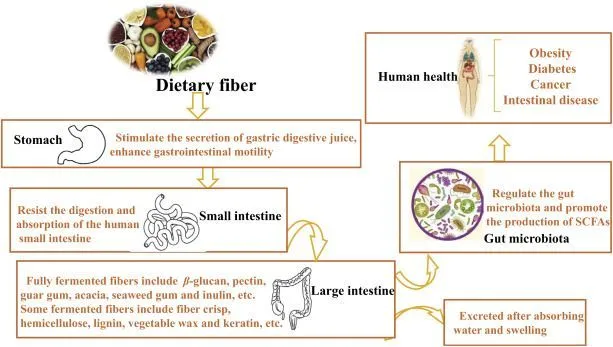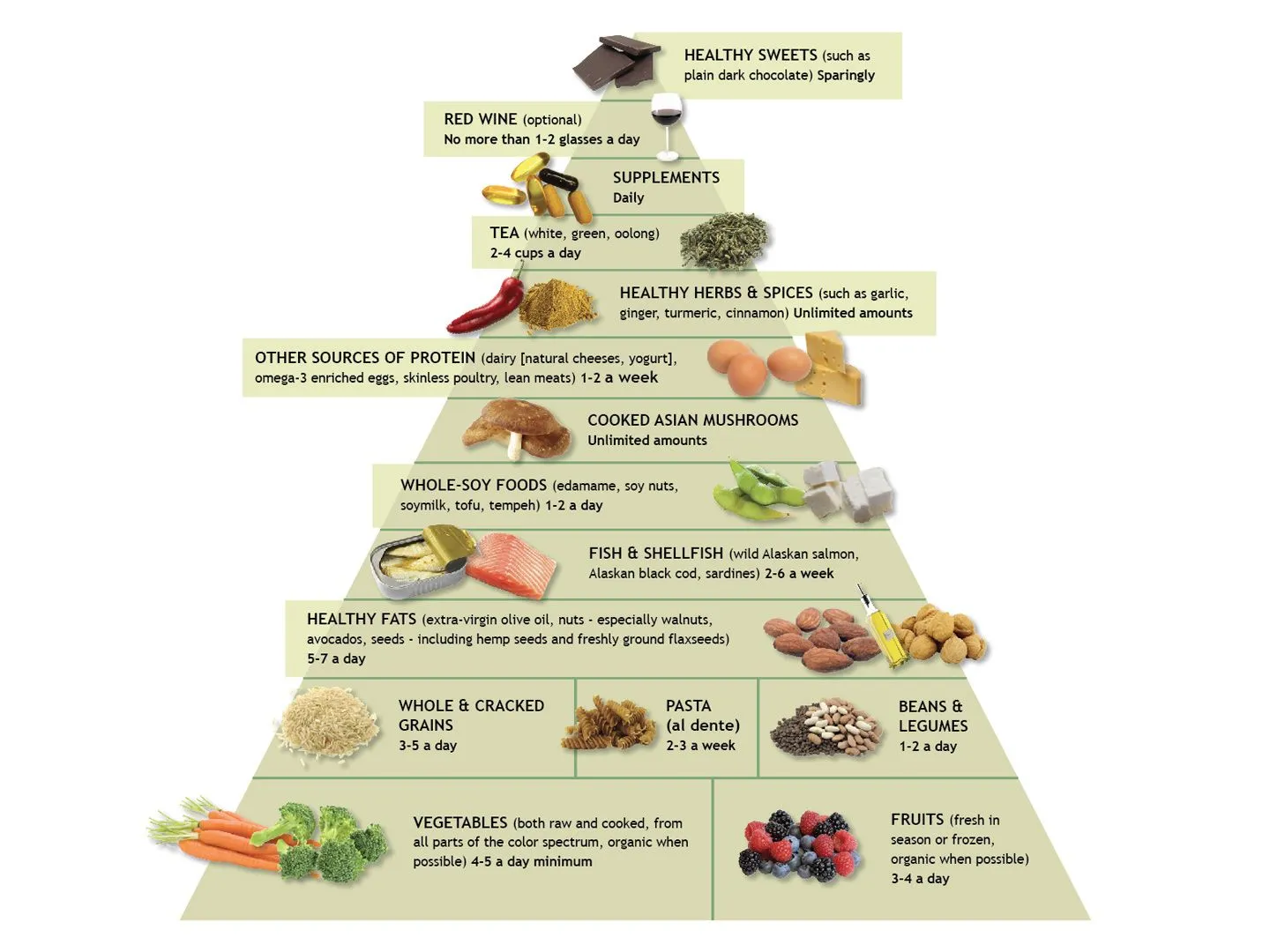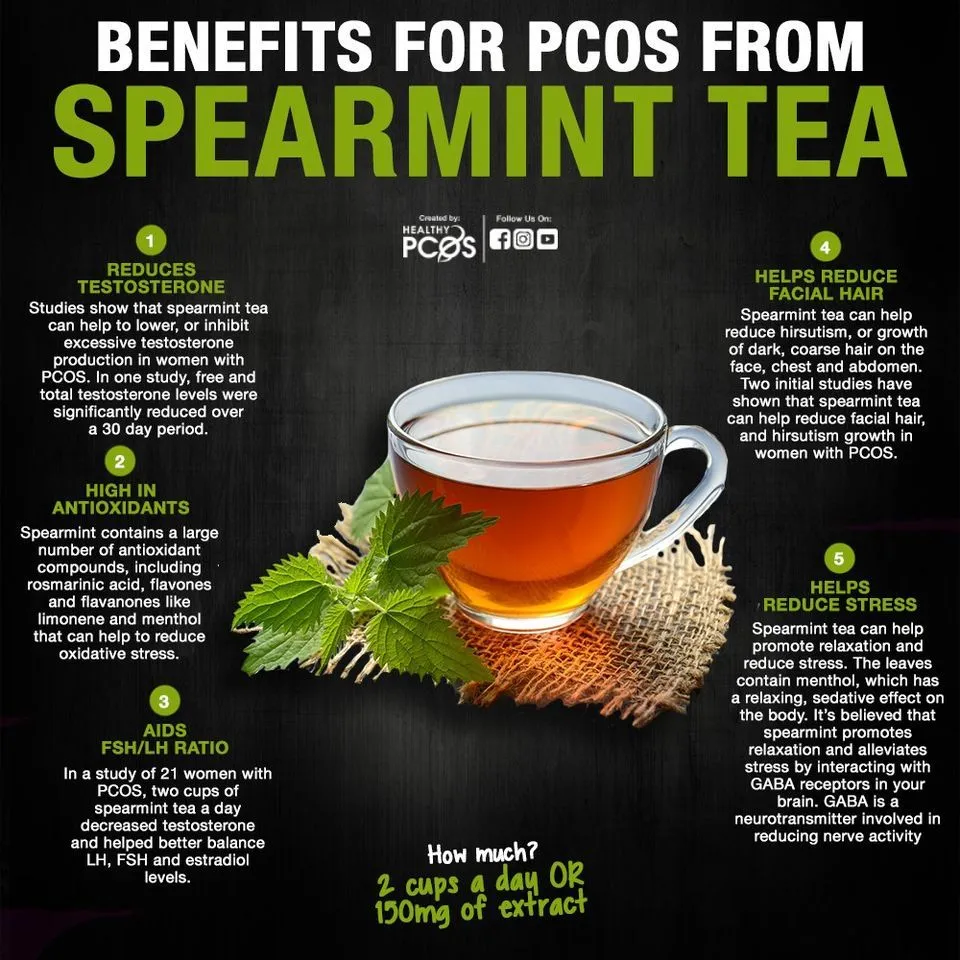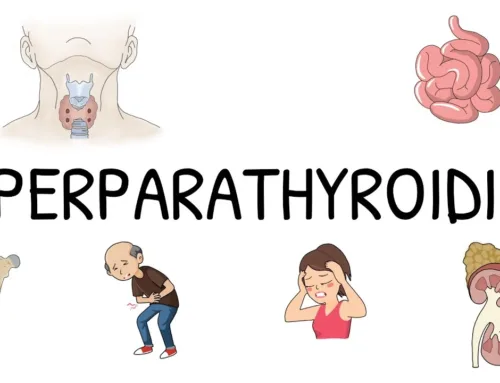
Hirsutism is a medical condition that causes women to develop excess hair growth in areas where men usually grow hair, such as the face, chest, and back. This infection is caused by an overproduction of androgen hormones, which are normally found in both men and women but are typically present at higher levels in men. While hirsutism can be difficult to live with, several dietary changes may help reduce its symptoms.
1. Increase intake of fiber and complex carbohydrates.

Studies have found that diets high in fiber and complex carbohydrates may help to reduce androgen levels in the body. These foods include whole grains, fruits, vegetables, and legumes. This is because they can help to regulate blood sugar levels, which can help to decrease insulin levels. High insulin levels can contribute to the overproduction of androgen hormones.
2. Eat more anti-inflammatory foods.

Hirsutism has been linked to chronic inflammation in the body. Eating anti-inflammatory foods, such as fatty fish, nuts, seeds, and leafy greens, can help to reduce inflammation and may help to reduce the severity of hirsutism symptoms.
3. Reduce consumption of processed foods.

Processed foods are usually high in sugar, unhealthy fats, and other additives that can contribute to inflammation and insulin resistance. They can also be high in calories, contributing to weight gain. Since obesity has been linked to hirsutism, reducing the consumption of processed foods may be beneficial.
4. Incorporate spearmint tea into your diet.

Spearmint tea has been found to have anti-androgenic effects in women with hirsutism. Drinking two cups of spearmint tea daily for five days has been shown to reduce free testosterone levels in the body.
5. Consider a low-glycemic index diet.

A low-glycemic index diet focuses on consuming foods with a low impact on blood sugar levels. This can help to reduce insulin resistance and may help to reduce the severity of hirsutism symptoms. Foods with a low glycemic index contain non-starchy vegetables, whole grains, and legumes.
Conclusion
While dietary changes may not completely reverse hirsutism, they can help reduce its symptoms. It is important to note that hirsutism can have underlying medical causes, such as polycystic ovary syndrome. It is always best to consult with a healthcare provider before significantly changing your diet or lifestyle.




Leave A Comment